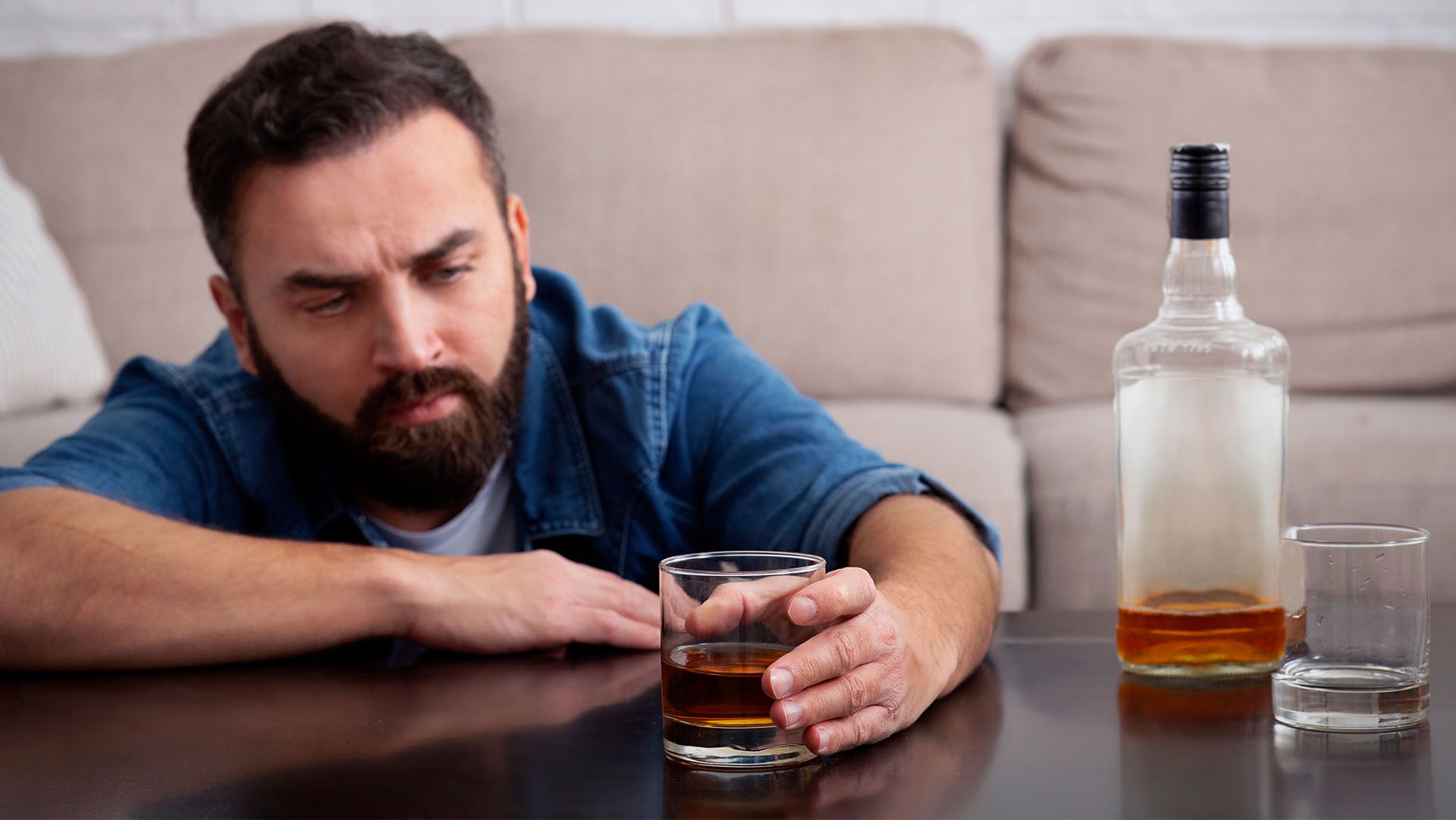Understanding the Detox Process at a Drug Detox Center
Drug detox is more than just an inconvenience. It’s a medical state that, in some circumstances, can endanger your life and mental health. Trying to detox alone is almost inevitably a recipe for failure. Instead, you need the assistance of a skilled and compassionate drug detox center. While in detox, you’ll slowly rid your body of the poisons of alcohol and drugs, taking the first vital steps toward a life that’s not ruled by addiction. Detox isn’t easy, but once it’s over, you never have to do it again.
What is Detox?
When you use drugs or alcohol for an extended period of time, two distinct biological processes keep you using. The first is tolerance. As your body grows accustomed to drugs or alcohol, you develop a tolerance for these substances, enabling you to use larger quantities while still getting the same result you once got with a lower dose. Many addicts respond to the tolerance process by using progressively more alcohol or drugs in a desperate attempt to chase that high they once got so easily. This perpetual quest to get the “perfect” high is what often leads to addiction.
A clinical addiction begins when your body becomes so accustomed to drugs and alcohol that it thinks it needs these substances to survive. Known as dependence, this need for alcohol and drugs leaves you willing to do just about anything to get and stay high.
When you suddenly quit using drugs and alcohol after becoming dependent, your body goes through a process called detox—sometimes referred to as withdrawal. Because your body is convinced it needs alcohol or drugs, it fights back against their removal, leaving you feeling sick, miserable, and desperate to get another fix.
The good news is that the detox process is blessedly short. The precise amount of time you’ll spend detoxing depends on the type of drugs you use, how long you’ve used them, and your overall health. For instance, a long-term user with a history of depression is more likely to suffer suicidal thoughts during a long withdrawal than an otherwise healthy person who hasn’t used drugs for long. Generally speaking, though, detox takes about a week. Once it’s over, your cravings will be purely psychological, not physical, and you won’t have to worry about painful cravings interfering with your health or ability to think.
Alcohol Detox Symptoms
Alcohol detox symptoms vary from moderate to extremely severe, and even life-threatening. Some long-term alcoholics develop a syndrome called delirium tremens. Left untreated, delirium tremens can claim your life. This is why it’s so important to only detox under the supervision of a qualified profession at an alcohol and drug detox center. Some of the most common symptoms of alcohol withdrawal include:
- Anxiety, depression, and other disturbances in mood or personality
- Exhaustion or difficulty sleeping
- Feeling jumpy or keyed up
- Nightmares
- Changes in appetite
- Irritability
- Difficulty concentrating
- Inability to complete daily tasks
- Anger and aggression
- Feelings of hopelessness
- Intense psychological cravings
- Thoughts of suicide
- Night sweats or clammy skin
- Dilated pupils
- Muscle aches and pains, including headaches
- Gastrointestinal problems such as vomiting, nausea, and diarrhea
- Shaking
- Sweating
- Changes in heart rate or blood pressure
- Fever
- Seizures
- Loss of consciousness
While these alcohol detox symptoms are unpleasant, they’re also temporary—typically peaking about 72 hours after you quit drinking. If you can bear in mind that your symptoms are due to alcohol, this may give you the willpower you need to resist drinking. Remember, every moment you spend detoxing is an investment in never having to detox again!
Drug Detox Symptoms
Drug detox symptoms are partially dependent on the drugs you use. Users of sedatives and depressants may feel anxious and agitated, while those who relied on amphetamines and other stimulants may feel exhausted and unable to think when they attempt to quit using. Some of the most common drug detox symptoms include:
- Anxiety, restlessness, depression, and changes in mood
- Thoughts of suicide
- Aggression, hostility, and anger
- Difficulty concentrating
- Seizures
- Shakiness
- Hallucinations and delusions
- Night sweats
- Changes in sleeping and eating habits
- Difficulty feeling happy without the drug
- Strong psychological cravings
- Physical pain, such as headaches, nausea, and muscle pain
What Happens at a Drug Detox Center?
Drug detox isn’t something anyone else can do to you; it’s a natural process your body goes through when you quit using. And because this process is a necessary prerequisite to sobriety, it’s not something you can rush through or avoid. The goal of drug detox, then, isn’t to speed up the process or eliminate it entirely. Science just isn’t there yet. Instead, drug detox centers work to make the process easier and safer. The specifics of what this means will vary from addict to addict and detox center to detox center. Generally, though, you can expect:
- Medical care for your acute symptoms. Your doctor will work to ensure your symptoms don’t endanger your health. For instance, if sweating leaves you dehydrated, he or she might put you on an IV drip.
- Medical assistance for chronic medical problems. If you have symptoms of conditions such as diabetes or heart failure, the detox process can be a bit more complicated. Your doctor will work with you to establish a detox schedule that is less likely to exacerbate your medical conditions. He or she may also evaluate your prescription drug use, particularly if you are addicted to prescription drugs or rely on potentially addictive prescriptions.
- Emotional and social support. You’ll get help from other addicts to navigate the process, as well as the support of a counselor to discuss your feelings as they arise.
- Reduction in the severity of cravings. At some drug detox centers, your doctor may take steps to help reduce your cravings. For instance, Antabuse and some other drugs can help reduce the desire to use alcohol.
What Happens After Detox?
Detox ends your body’s physical dependence on drugs and alcohol, but detoxing is just the beginning. Addiction is a life long disease, which means that once you’re an addict, you’ll never be able to use your drug of choice again. This can be challenging, particularly when you associate that drug with positive memories or relief from life’s daily stresses. Rehab, 12-step programs, and therapy can all help you with this. And if you choose inpatient rehab, you may be able to continue your treatment at the very drug detox center where you began your journey to sobriety.
Is There Anything I Can Do to Make the Detox Process Easier?
Let’s be frank: detox is hard. Indeed, it’s fears of what detox will be like that keep so many addicts using drugs and alcohol, even when they know this decision is interfering with their ability to lead a good life. This doesn’t mean detox has to be miserable, though. A few healthy lifestyle changes can greatly reduce the pain of detox. Those include:
- Avoiding major changes in your diet or routine. Some people going through detox decide to embark on an entirely new nutritional plan. While this is laudable, it’s also likely to stress you out, thereby exacerbating the symptoms of detox.
- Getting at least 20-30 minutes of exercise each day.
- Meditating for at least 20 minutes each day.
- Distracting yourself with activities you usually enjoy—even if you have to force yourself into those activities at first.
- Staying connected to loved ones.
- Minimizing stress by avoiding people, places, and things that leave you feeling overwhelmed.
The detox journey is a difficult one, but it’s the only path to sobriety. And we think that makes it worth it.
Contact Addiction Rehab Centres Canada today!







